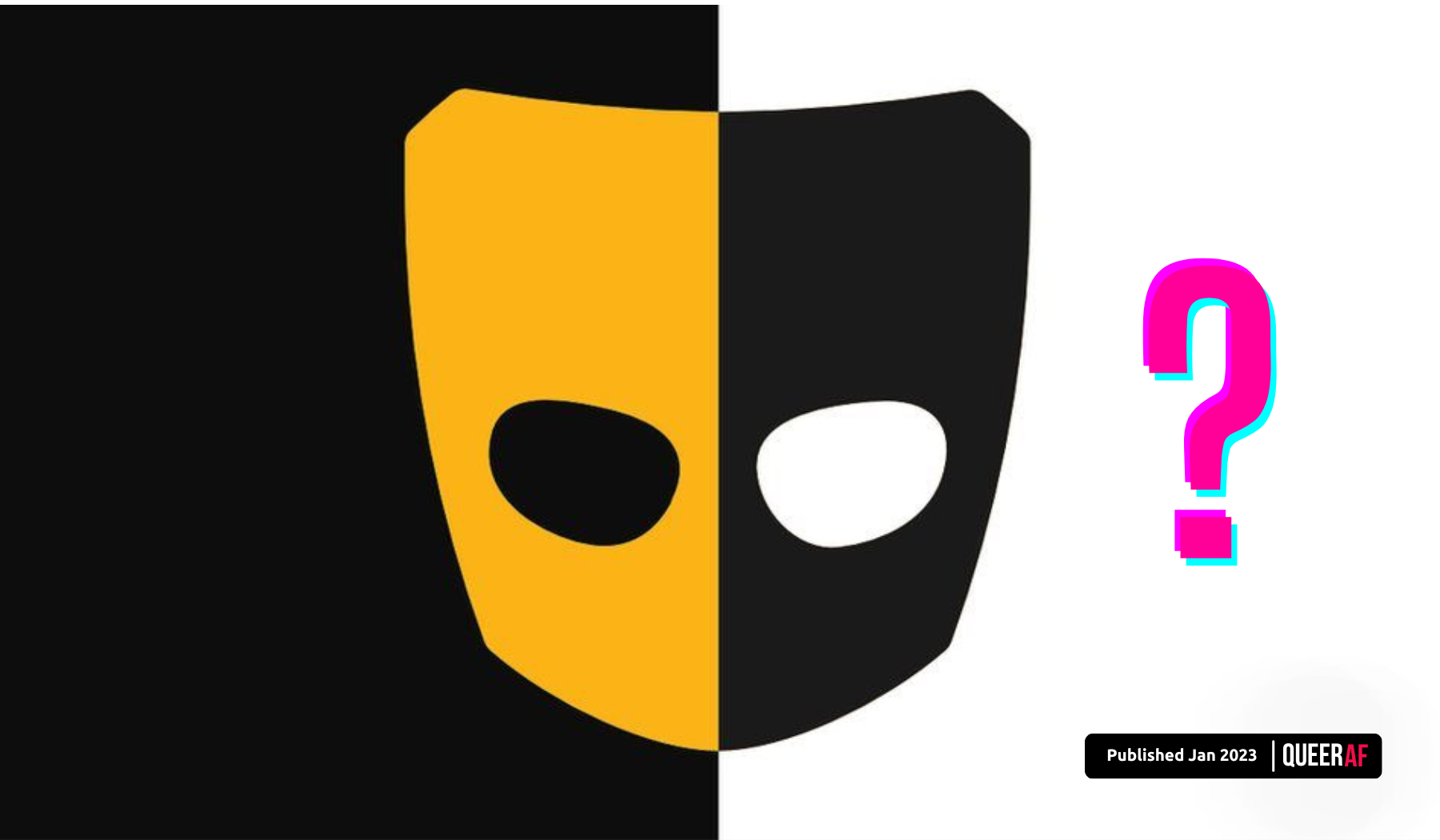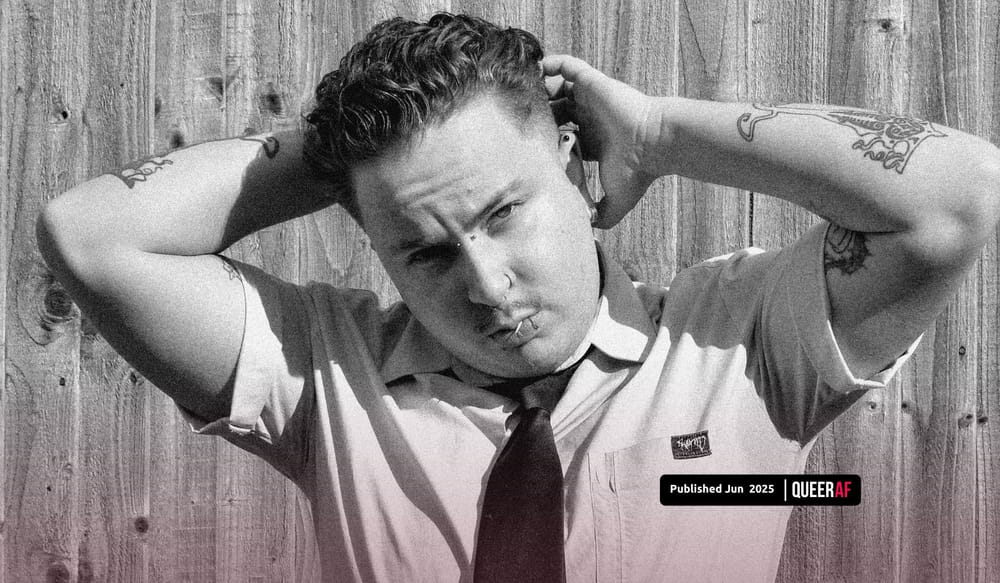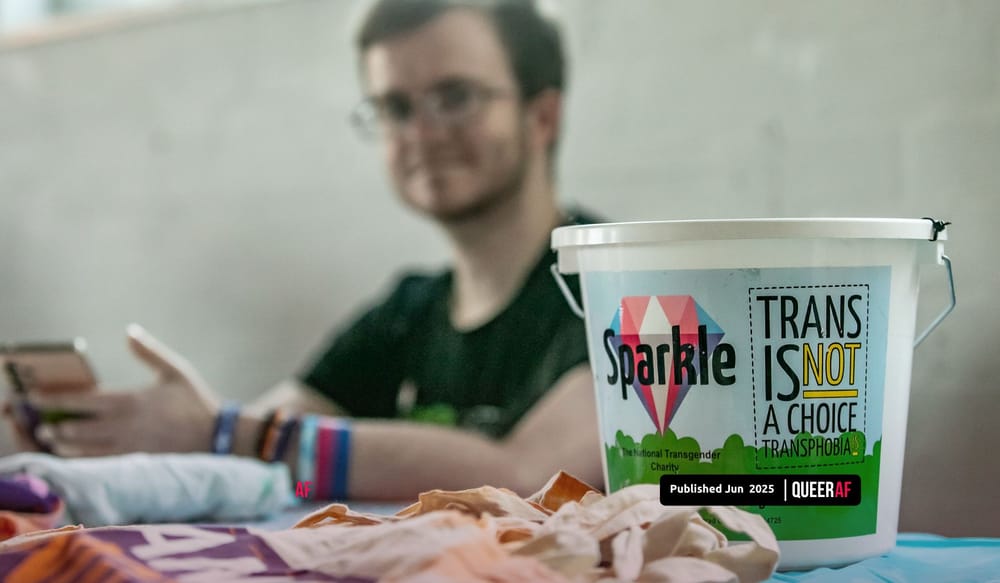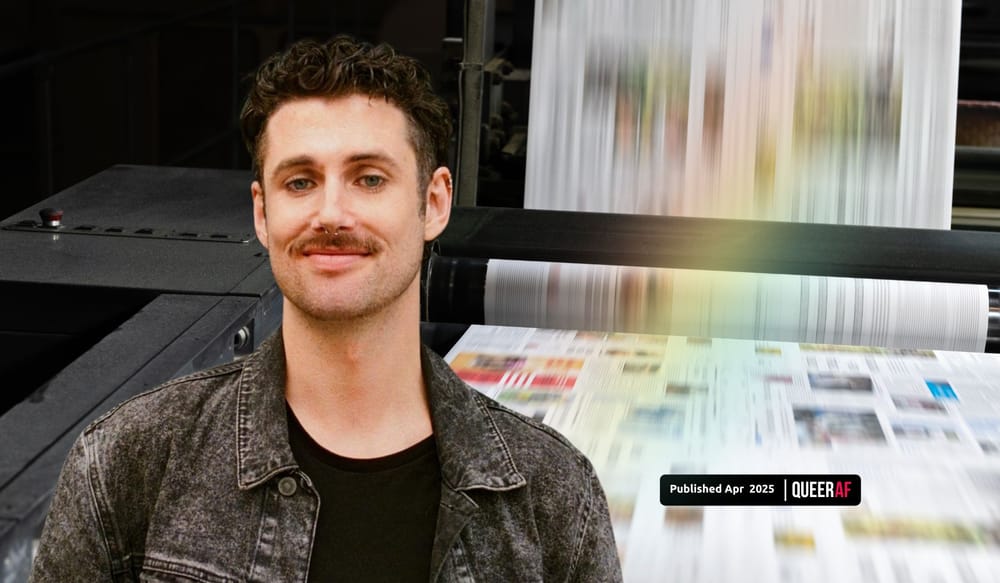
Grindr has provided a platform for LGBTQ+ individuals to connect, form relationships, and express their identities.
But the app has faced criticism for contributing to the objectification and commodification of its users.
There’s pressure to present a certain body type or appearance to achieve success on the app. Racism and transphobia are also prevalent on Grindr, creating a harmful and unwelcoming environment for marginalised groups within the community.
Using Grindr is an exercise in humility.
However positive one may feel about oneself, the app acts as a constant and often aggressive reminder that standards of beauty within the gay community are very narrow, Eurocentric, and often unattainable.
It feels like Grindr facilitates and perpetuates many of the insidious characteristics that burden the gay community. Racism, fat-phobia, and femme-phobia have long been prevalent in the gay world
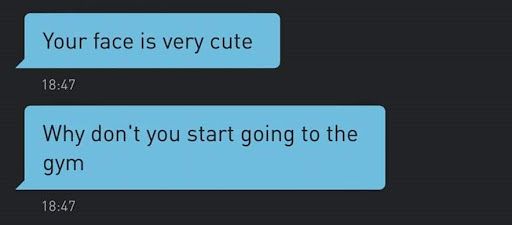
I’ve experienced racism on Grindr many times: overtly in messages, in microaggressions (such as fetishising my ‘British Broadcasting Corporation’), or in profile descriptions masking prejudice as a “preference”.
Whatever good Grindr has done is far outweighed by the negative impact it has had. Many young gay men, who are already vulnerable, are first introduced to the wider gay community via apps like Grindr and are exposed to some of the worst parts of it right off the bat.
Despite futile attempts at making the app a ‘Kindr’ place, the damage that Grindr has done to the community will take a generation to undo.
Its pervasive nature has made it an integral part of gay culture, and the behaviours that people have fallen prey to on the app have incepted their way into real life.
I say we give less time to the Grind, and more time to the mind – let’s work on ourselves as a community and as individuals. Let's to create something inclusive, healthy, disruptive, and loving.
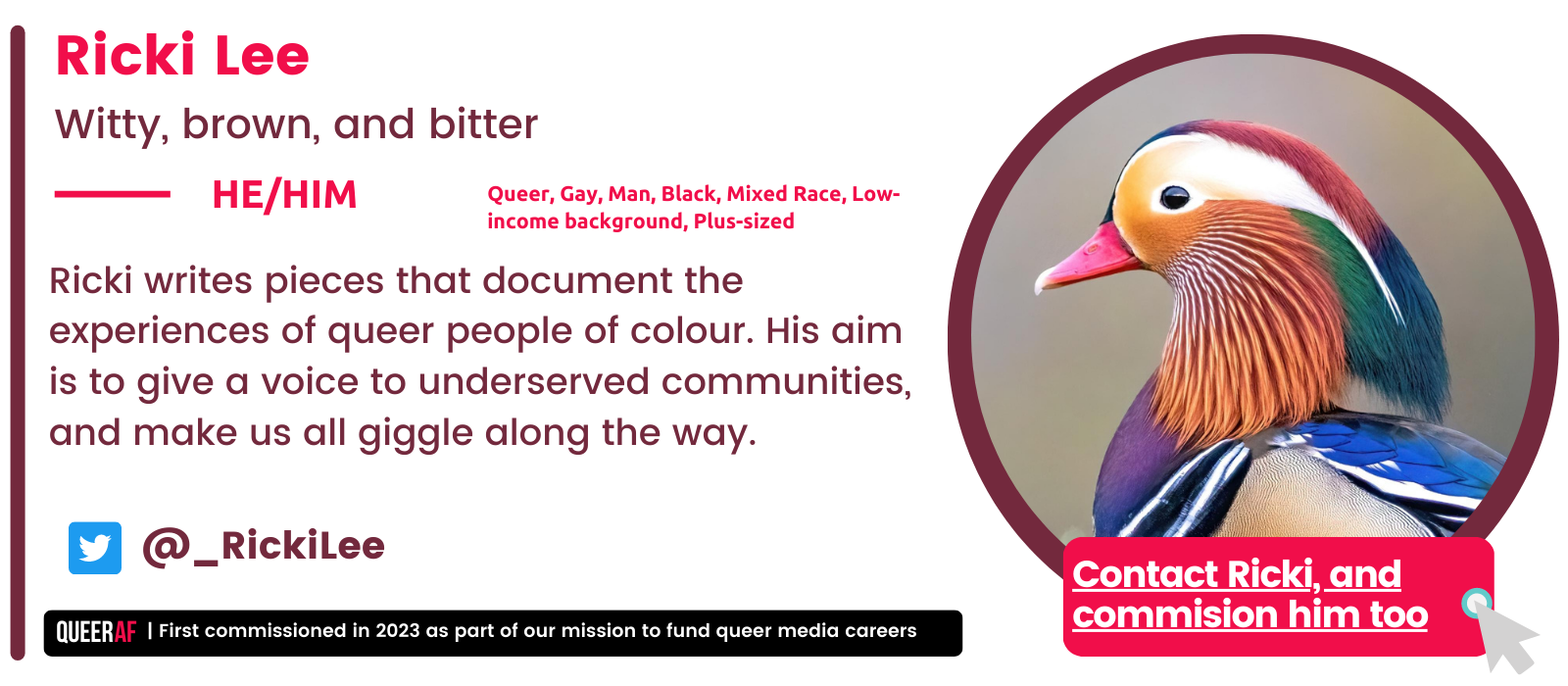
It's different, we know.
The way QueerAF works with contributors is different from most outlets.
When we work with emerging and marginalised writers who want to build their craft we offer them a skills session with every commission.
The session is designed to put them in control of their edit and to help them understand the reasons behind any changes we suggest. Understanding why, not just what, helps them grow their journalistic flair - and get more commissions.
It's been described as "like therapy, but for writing" - and it's helping.
We ask every creative to rate our process. 90% gave us a perfect score on our communication and approach. The retro, our unique way of editing their work, has an average rating of 9.8/10.
But this approach, which means you get free award-winning content from fresh new voices without outside pressures, is only possible with your support.
So why not take a look at what our creatives say about our work, and find out how to become 100% QueerAF?


